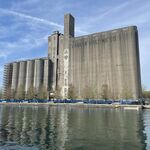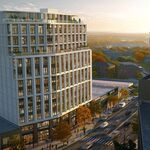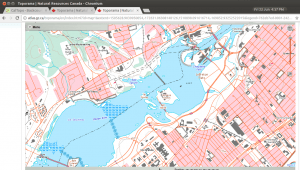Frankly the lack of Fraser Valley service is really strange, and has been since the day Scott Road Skytrain opened. CP certainly isn't enthusiastic, but the government retains rights to run such a service (in fact refusing to abandon such very recently when CP asked during lease renewal). Remember that a service was briefly operated during Expo, and while records are limited it seems like it was successful enough that the government was uncomfortable allowing it to continue. Rail for the Valley is obnoxiously anti Skytrain, but I feel like theres something to his accusations that folks with a vested interest in Skytrain have been interfering with conventional rail proposals...
That is a good point about the preference for Skytrain technology above all others. I do take what I read on Rail for the Valley with a grain of salt as it often comes across as just cranky, nostalgic, railfan twaddle. I can understand why there might be frustration that conventional rail seems to be ignored. But, there are also reasons why this is the case. Skytrain has been built to go where the people are, where as the rail lines don't always do that. Similar to Ottawa and the C-Line, its adopted a semi-commuter rail system as a strategy to provide regional service, and its hard to knock that strategy as they have created a great system.
It also worth nothing though, and was something I was going to mention in my previous post, that freight traffic is still not only heavy on most of the lines in that region, but plays such a critical role in the economy there that it cant be jeopardized, and does present a very real, and understandable, barrier. There is only so much capacity that will be available to passenger service and in order for lines outside of, or at the fringes of, the metro area to be operated, they will need to make a large investment to create dedicated tracks within the city. That will not be cheap. .
Vancouver would probably do well to adopt the Toronto/GTA strategy and develop a comprehensive rail plan, and then break it down into dozens, if not hundreds, of smaller projects that are much easier to fund/fly under the radar. Once they can establish a core network, then it makes it easier for private companies, or perhaps even municipalities, to come in and provide service to places that are not of interest to TransLink. Of course before any of that gets started what they need is a plan that would actually be useful to commuters and regional travel and make the investments in the network worthwhile (something that people look at and say "that's brilliant" as opposed to "yep, those are some trains on a rail line".

 www.cbc.ca
www.cbc.ca






